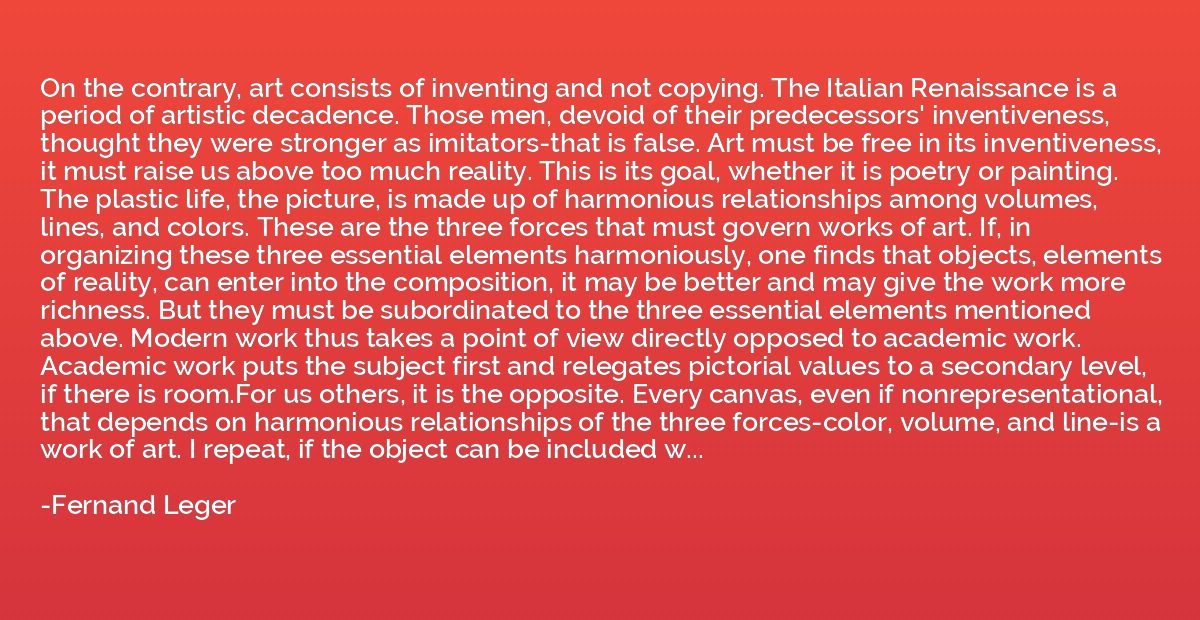Quote by Livy
Thus, if there is anyone who is confident that he can advise me as to the best advantage of the state in this campaign which I am about to conduct, let him not refuse his services to the state, but come with me into Macedonia. I will furnish him with his sea-passage, with a horse, a tent, and even travel-funds. If anyone is reluctant to do this and prefers the leisure of the city to the hardships of campaigning, let him not steer the ship from on shore.

Summary
In this quote, Alexander the Great invites those who believe they have the knowledge and strategy to help the state in his forthcoming campaign to join him in Macedonia. He promises to provide them with all the necessary resources for their journey. However, he also challenges those who prefer the comfort of city life to not attempt to guide or influence his campaign decisions from a distance. Alexander's words highlight his determination to surround himself with individuals of action and capability, reinforcing the idea that true advisors should be willing to actively participate and contribute to the cause.
By Livy














